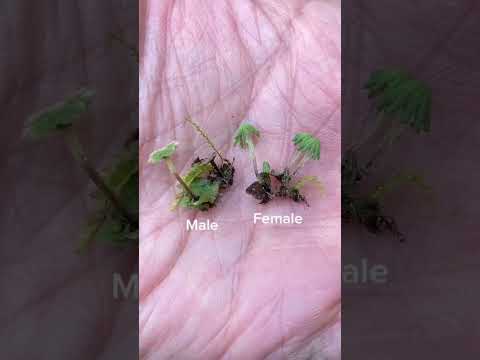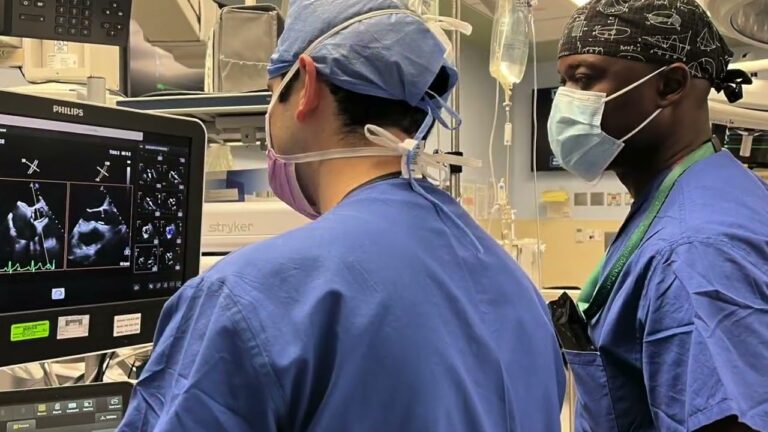Exploring Life’s Wonders: Biologist Jobs and Salaries

Biologist Job Description Template
Biologist Job Description A biologist is a professional who studies living organisms, their structure, function, behavior, and evolution. They perform research, conduct experiments, and analyze data to gain a deeper understanding of biological systems and processes. Biologists work in a variety of settings, including laboratories, universities, government agencies, and healthcare facilities. One important aspect of a biologist’s job is to collect and analyze data. They use various tools and techniques to observe and measure different aspects of living organisms. This data is then used to draw conclusions, make predictions, and contribute to scientific knowledge. Biologists may also use advanced technologies such as DNA sequencing and electron microscopy to study organisms at a molecular level. Another important aspect of a biologist’s job is to communicate their findings. They often write scientific papers and present their research at conferences to share their discoveries with the scientific community. Effective communication skills are crucial for a biologist to collaborate with colleagues, teach students, and engage with the public. In addition to research, biologists may also be involved in conservation efforts, environmental impact assessments, and public health initiatives. They may work towards developing new drugs, improving agricultural practices, or studying the effects of pollution on ecosystems. Thus, biologists play a vital role in understanding and protecting the natural world. In summary, a biologist is responsible for studying living organisms, conducting research, analyzing data, and communicating findings. They contribute to scientific knowledge and work towards understanding and preserving the diversity of life on Earth.Biologist Responsibilities
Biologist Requirements
How Much Does A Biologist Make?
Biologist Salary
| Position | Salary |
|---|---|
| Research Assistant | $30,000 – $45,000 per year |
| Field Biologist | $40,000 – $60,000 per year |
| Laboratory Technician | $35,000 – $50,000 per year |
| Wildlife Biologist | $45,000 – $70,000 per year |
| Geneticist | $50,000 – $80,000 per year |
Biologist Salary varies depending on the position and level of experience. Research assistants typically earn between $30,000 and $45,000 per year, while field biologists can make around $40,000 to $60,000 annually. Laboratory technicians earn between $35,000 and $50,000 per year, while wildlife biologists can expect a salary range of $45,000 to $70,000. Geneticists, who require specialized knowledge and skills, earn between $50,000 and $80,000 per year. These figures are approximate and may vary based on factors such as location, education, and additional qualifications.
Biologist Salaries by Country
Top Paying Countries for Biologist
| Country | Average Salary (USD) |
|---|---|
| United States | $85,000 |
| Switzerland | $80,000 |
| Australia | $75,000 |
| Germany | $70,000 |
| Canada | $65,000 |
In the field of biology, salaries can vary significantly depending on the country. This table highlights the top paying countries for biologists. The United States leads the list with an average salary of $85,000 per year. Switzerland follows closely behind with an average salary of $80,000. Australia, Germany, and Canada also offer competitive salaries for biologists, ranging from $65,000 to $75,000. It’s important to note that these figures are approximate and can vary based on factors such as experience, qualifications, and specialization within the field of biology. Biologists in these countries can expect rewarding career opportunities and financial stability.
A video on the topic Biologist
Video Source : dr.bioforeverInterview Questions for Biologist
1. What is the role of a biologist?
A biologist studies living organisms and their interactions with their environment. They conduct research, perform experiments, and analyze data to gain a better understanding of biological processes.
2. What are the different branches of biology?
Some branches of biology include molecular biology, genetics, ecology, microbiology, zoology, botany, and evolutionary biology.
3. What skills are important for a biologist?
Important skills for a biologist include critical thinking, problem-solving, attention to detail, analytical skills, communication skills, and the ability to work well in a team.
4. How do biologists contribute to society?
Biologists contribute to society by advancing knowledge in the field of biology, developing new medicines and treatments, improving agricultural practices, studying and conserving endangered species, and addressing environmental issues.
5. What is the scientific method and how is it used in biology?
The scientific method is a systematic approach used to answer questions and solve problems in science. In biology, it involves making observations, formulating hypotheses, conducting experiments, analyzing data, and drawing conclusions based on evidence.
6. Can you explain the process of natural selection?
Natural selection is the process by which certain traits become more or less common in a population over time. It occurs when individuals with advantageous traits are more likely to survive and reproduce, passing on those traits to future generations.
7. What is the difference between a prokaryotic and eukaryotic cell?
Prokaryotic cells lack a nucleus and other membrane-bound organelles, while eukaryotic cells have a nucleus and membrane-bound organelles. Prokaryotic cells are generally simpler and smaller than eukaryotic cells.
8. How does DNA replication occur?
DNA replication is the process by which a cell makes an identical copy of its DNA. It involves the separation of the DNA strands, the synthesis of new complementary strands using existing strands as templates, and the joining of the new strands to form two identical DNA molecules.
9. What are some examples of renewable and non-renewable resources in biology?
Renewable resources in biology include sunlight, wind, water, and biomass. Non-renewable resources include fossil fuels such as coal, oil, and natural gas.
10. How does photosynthesis work?
Photosynthesis is the process by which plants and some microorganisms convert sunlight, carbon dioxide, and water into glucose and oxygen. It occurs in the chloroplasts of plant cells and involves several steps, including the absorption of light energy, the conversion of light energy into chemical energy, and the synthesis of glucose using carbon dioxide and water.






